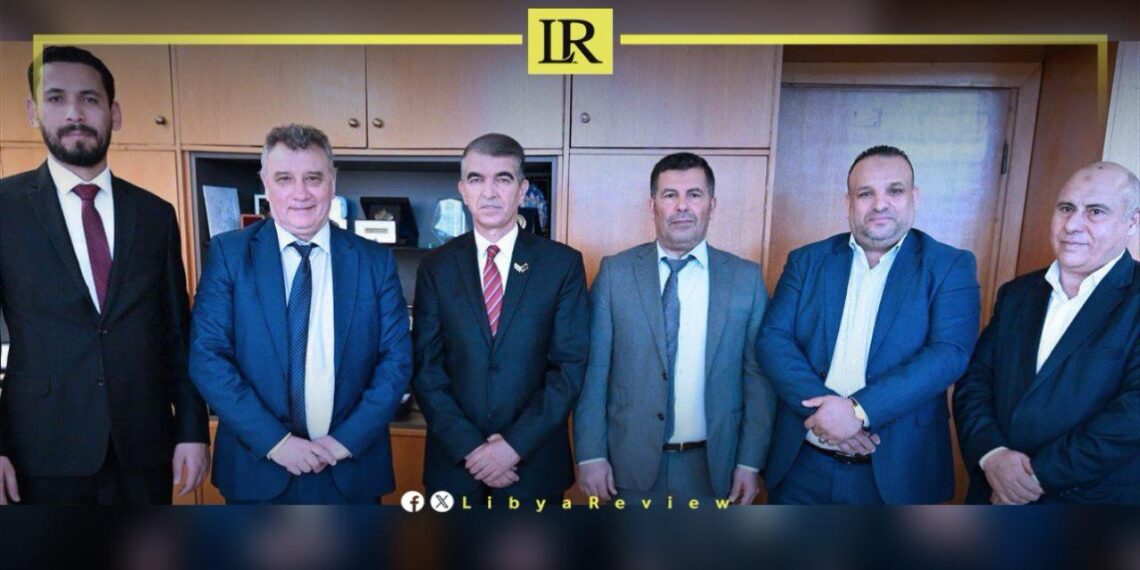The dismissed member of parliament and Libyan Ambassador to Bulgaria, Abubaker Ahmed Said, visited Sofia University.
During his visit, Abubaker Said met with the University’s Dean, Professor and Doctor Dimitar Dimitrov, to discuss avenues of cooperation in the fields of international and local economic education in the capital, Sofia.
On the sidelines of the meeting, the discussions covered ways to develop and expand cooperation between Libyan and Bulgarian universities and address obstacles contributing to an increase in the number of Libyan students wishing to study at Bulgarian universities.
The meeting also delved into the issue of diploma equivalence, obtaining university admissions, and the provision of student visas.
Last month, Libya’s Minister of Technical and Vocational Education, Yakhlaf Al-Sifaw, and acting British Deputy Ambassador to Libya, Catherine Wilde, laid the groundwork for a partnership in technical and vocational education between Libya and the United Kingdom.
This high-level dialogue highlights both nations’ commitment to enhancing educational frameworks and expanding opportunities for their youth, focusing on creating synergies and cooperative ventures in technical and vocational training.
The discussions also explored the potential for Libyan students to pursue studies in esteemed British higher education institutions, promising new horizons for Libyan learners.
This engagement responds to increasing global emphasis on vocational and technical education as engines for economic growth and employment. Technical and vocational education equips students with specialized skills, crucial for navigating the contemporary job market.
In Libya, where rebuilding and development are priorities, enhancing such education could offer young Libyans pathways to meaningful employment and contribution to their country’s resurgence.
The UK, with its rich educational heritage and cutting-edge vocational programs, stands as an ideal partner. British institutions are renowned for rigorous academic standards and innovative teaching methodologies, making them attractive destinations for international students.
Enabling Libyan students to access these educational resources aims to enrich learning experiences and foster cross-cultural exchanges between the two countries.


